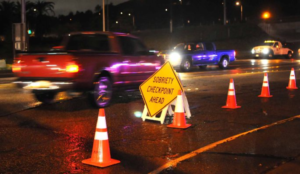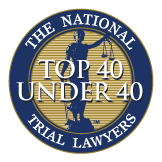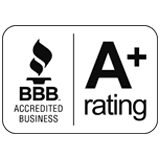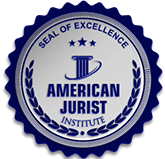DUI Checkpoints in New Jersey: Must-Know Laws and Procedures
 New Jersey, like many other states, permits DUI checkpoints to examine drivers to ensure that they are driving sober. These checkpoints are at predetermined locations, and they essentially test drivers for impairment based on drugs or alcohol. They can also check to see if drivers are in possession of open containers of alcohol or controlled substances in their vehicles.
New Jersey, like many other states, permits DUI checkpoints to examine drivers to ensure that they are driving sober. These checkpoints are at predetermined locations, and they essentially test drivers for impairment based on drugs or alcohol. They can also check to see if drivers are in possession of open containers of alcohol or controlled substances in their vehicles.
The State of New Jersey argues that sobriety checkpoints serve two primary purposes: (1) arresting impaired drivers and (2) deterring drivers from driving while intoxicated (DWI) and driving under the influence of drugs. However, checkpoints teeter on the edge of completely violating your constitutional rights to privacy and being free of unwarranted searched and seizures. Police need to follow strict procedures if they want to use evidence obtained at one of these checkpoints against you in a legal proceeding.
Legal Concerns About Sobriety Checkpoints in New Jersey
While some states have disallowed sobriety checkpoints, New Jersey has determined that they are constitutional, which coincides with U.S. Supreme Court decisions as well. These checkpoints are frequently used throughout New Jersey and many result in arrests and charges for DWI.
Generally, police are required to have a reason to stop you on the road or even while you are walking. This “reason” must be a suspicion that you have committed a crime or that you have evidence related to criminal activity on your person or property. However, sobriety checkpoints sidestep this requirement because everyone is stopped, regardless of whether an officer has a reason to stop you.
What are the Requirements for a DWI Checkpoint?
To balance the rights of drivers and the states’ interest in keeping its citizens safe from intoxicated drivers, sobriety checkpoints must meet an array of particular requirements to be considered legally valid. These qualifications include:
- Only supervising officers can determine where checkpoints can be located and whether it should be established. Asking supervising officers to make these decisions takes out some of the potentials for arbitrary inspections.
- A neutral, mathematical formula should be used to determine which driver should be stopped. That way, police cannot pick and choose specific types of vehicles or drivers to search or question.
- Safety of everyone involved is very important at a sobriety checkpoint. Police are required to use adequate lighting, warning signs, and official vehicles must be clearly marked. Roadblocks generally should not be used, but they can be utilized if the safety of everyone can be ensured.
- There is a popular misconception that there is a time limit to how long an officer can detain you at a sobriety checkpoint. As long as the safety of everyone involved is ensured, there are not strict timelines on how long an inspection can take. However, police should generally only detain a driver long enough to check for signs of impairment, such as alcohol smell, bloodshot or glassy eyes, or slurred speech. If you have none of these signs, then you should not be further detained.
- Only those drivers who have signs of impairment should be further detained for a field sobriety test. Any further investigation or detention at that point must be based on probable cause, including an arrest.
The police cannot stop a driver simply for avoiding the sobriety checkpoint, but they can stop a driver who avoids the inspection and shows signs of intoxication. - The police must also have probable cause to search your vehicle at a DWI checkpoint. A warrantless search of your car without your consent or probable cause is a violation of your constitutional rights.
DWI Lawyers in Frankford NJ
Because the requirements for sobriety checkpoints are so specific, a failure to follow them may be a reason to suppress evidence obtained against you in a DWI case. However, showing that an error took place can be a challenge without an experienced DWI defense lawyer. The attorneys at The Tormey Law Firm can help you with this process. We have assisted countless clients facing DUI charges in New Jersey, including in Sparta, Vernon Township, Frankford, Newton, Phillipsburg, Hackettstown, and Hopatcong. Contact our team today at 973-755-1695 to learn more about your options after DWI charges resulting from a sobriety checkpoint.











